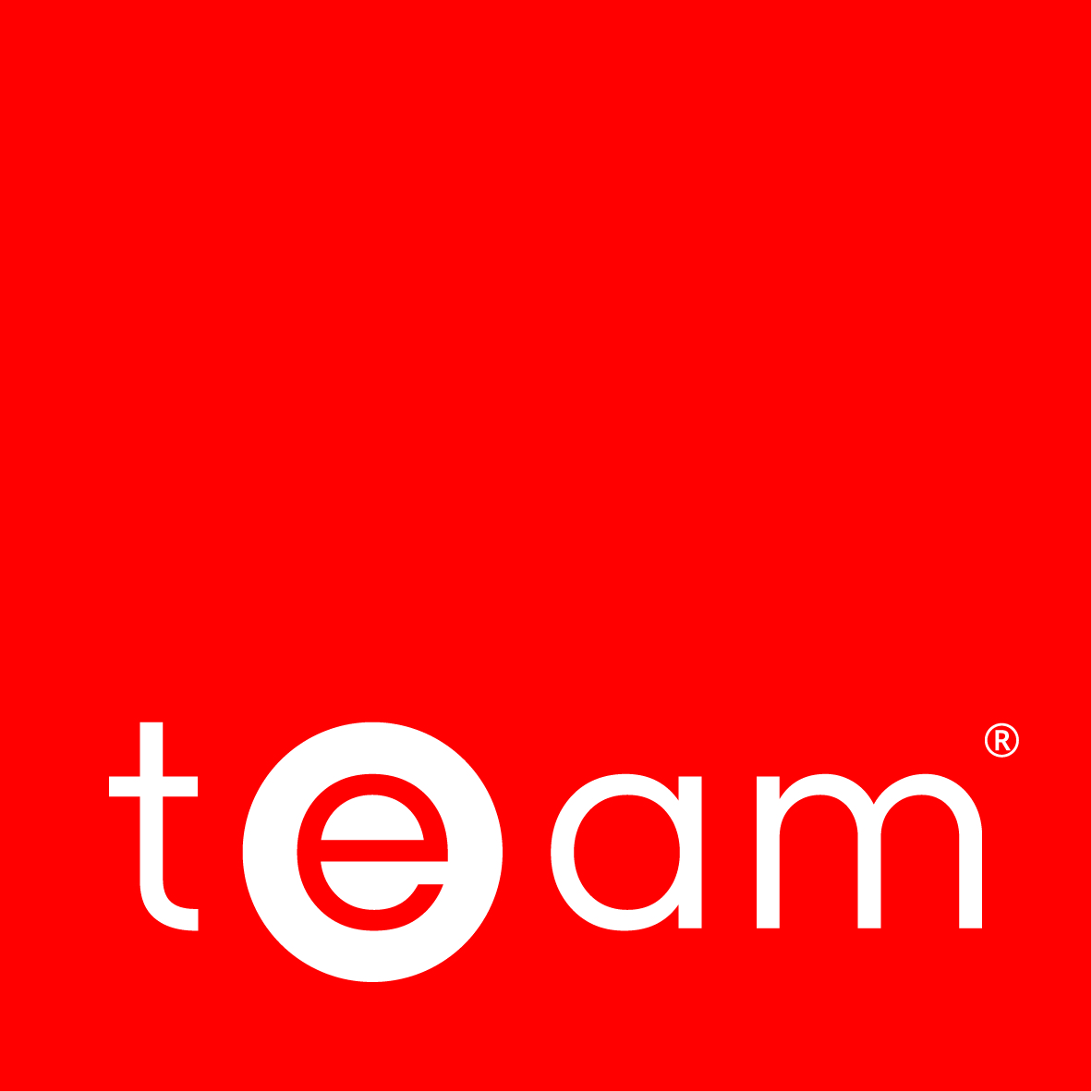 The water market in England is changing, it will mean for the first time that all businesses, as well as public sector organisations, will be in a position to choose their supplier of water.
The water market in England is changing, it will mean for the first time that all businesses, as well as public sector organisations, will be in a position to choose their supplier of water.
The changes, which are set to be introduced in April 2017, will kick off a nationwide competitive market.
In a bid to increase their chances of winning and retaining customers many suppliers are looking to provide industry standard EDI (Electronic Data Interchange) billing, which is where TEAM can help.
“The ability of a supplier to provide electronic utility billing or EDI billing is often the second biggest factor (after price) when multi-site organisations select an electricity, gas or water supplier. Although the industry standard has been around for years, and indeed is used by many utilities, it’s somewhat surprising that some large utilities still do not use it.”
More customers are now demanding utility suppliers to provide electronic utility billing in a Tradacoms Standard.
So what is EDI and its benefits?
EDI is the structured electronic exchange of billing information using common, open standards. The process is approved by Revenue and Customs and can be truly paperless. For the process to work effectively the supplier and customer need to agree both a standard electronic format in which invoices are despatched and received and also a “code of practice” which deals with matters such as change control.
What EDI isn’t, is the despatch of non-standard ASCII files or spreadsheets containing billing information.
How does it work?
What normally happens for electronic utility billing is the utility will collate multi-site customer bills into a batch or ‘bulk bill’, rather than send the bills to a printer hall for processing and mailing the electronic ‘bulk bill’ is sent on a different journey.
The electronic file is mapped into the TRADACOMS standard, encrypted and dispatched by email to the customer. To achieve this the utilities mainframe billing software simply diverts the file to a personal computer where proprietary EDI software can map, process, encrypt and despatch the ‘bulk bill’. Many utilities use the latter process, as it can be much quicker, cheaper to set up and easy to use.
The customer receives the electronic utility bill or ‘bulk bill’ where it is unencrypted, authenticated, automatically checked and populates the organisation’s energy Monitoring and Targeting system. Correct bills are automatically sent to the company’s accounts payable system where payment is made by BACS. The whole process can take only minutes.

 The water market in England is changing, it will mean for the first time that all businesses, as well as public sector organisations, will be in a position to choose their supplier of water.
The water market in England is changing, it will mean for the first time that all businesses, as well as public sector organisations, will be in a position to choose their supplier of water.